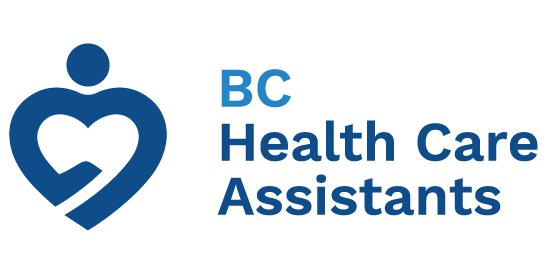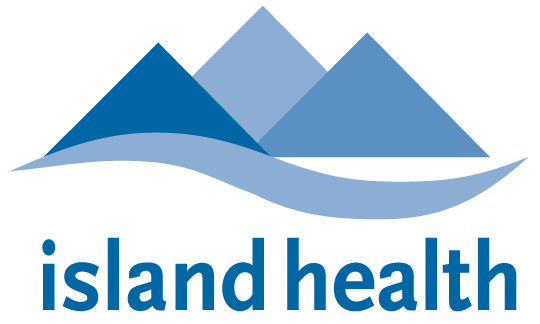You will likely be asked many questions during an interview for a role as an HCA. To improve your interview technique, you should familiarize yourself with the most common questions and prepare and practice well-thought-out and comprehensive answers. Being prepared will also help calm your nerves and make you more confident and self-assured during your interview.
Outlined below are the most common questions that are asked in interviews for HCA positions. Of course, not every possible question is on this list, but you can use it to guide your preparations and give you a sense of the types of questions that might come up on interview day.
Introductory Questions
At the start of an interview, your prospective employer will likely ask you to share information about yourself, your work experience, your skill sets, and why you applied for the job. Make an excellent first impression by practising introducing yourself.
Some common introductory questions you can expect:
- Tell us more about yourself
- Walk us through your resume
- Tell me about your experience with this type of work
- What made you want to become a Health Care Assistant?
Practical Experience Questions
You will be asked questions about your previous work experience and how that has prepared you for this role. Use this opportunity to discuss the kind of clients you have cared for in the past (e.g., older adults living with multiple chronic health challenges; young adults with developmental disabilities) and how you provided them with quality care. You may also be asked about your education and training. If you are an internationally educated healthcare practitioner, be ready to explain your pathway to registration (e.g., HCA competency assessments, remedial education).
Some common practical experience questions you can expect:
- Do you have experience caring for a client with [insert condition]?
- Can you give me an example of how you worked as part of a team?
- What formal training do you have in health care?
- Do you have first aid/CPR training?
Behavioural Questions
As a Health Care Assistant, you will be working very closely with your clients and their families. Difficult situations can and will come up, and a prospective employer will ask you questions to determine how you’ve handled similar situations in the past and how you might handle them in the future. For example, you may be asked about a time when you had to deal with a family member of a client or a time in which you had to make a difficult decision.
To prepare for behavioural questions, make a list of real-life situations you feel comfortable discussing during an interview. Choose examples that show you have the characteristics of a good Health Care Assistant, such as patience, empathy, critical-thinking skills, and effective communications skills. Your answers will give your interviewer insight into how you might behave on the job. Remember, never reveal any private information about the persons involved in any situations you choose to discuss.
Some common behavioural questions you can expect:
- What are some strategies for working with a client who is resisting care?
- Can you describe a time you went above and beyond for a client?
- What do you do if you suspect a client is being abused by their family members?
- Tell me about a conflict you had with a client or co-worker. How did you handle it?
Company/Industry Questions
You will not be fully prepared for an interview if you cannot speak about the organization, company, or agency offering the job. Take the time to study the organization: know their mission and values and talk about why you want to work for them. Read the information available to the general public, such as the company website, and talk to any friends, instructors, and acquaintances who may know the employer. Be sure to read up on industry news as well, as you might be asked general questions about the healthcare field or Health Care Assistants.
Some common company/industry questions you can expect:
- Why did you select our agency/company/organization?
- What have you learned about us?
Your Questions for the Employer
Most interviewers will allow you to ask questions at the end of the interview. Be sure to prepare your questions; this shows interest in the company, and it helps the conversation flow. Use this opportunity to ask questions that the job ad cannot answer.
Some questions to ask the employer:
- Could you describe the organization’s culture?
- What are the opportunities for professional growth in the company?
- How would you describe your management style?
- What are some of the largest challenges for HCAs in this organization?
Health Care Assistants work in different settings—continuing care homes, assisted-living residences, group homes, acute care hospitals—and depending on the setting, you might be interviewed by an agency, a hiring manager, or even the family of the prospective client. The type of questions you are asked might vary based on who interviews you and the nature of your job. For example, if you are being interviewed to work in a client’s home, the questions you are asked might focus on your bedside manner and your character. As you prepare for your interview, think about the nature of the job, and use that as a guide.
If you’re ready to take the first step toward becoming a Health Care Assistant, find an HCA job opportunity near you.






